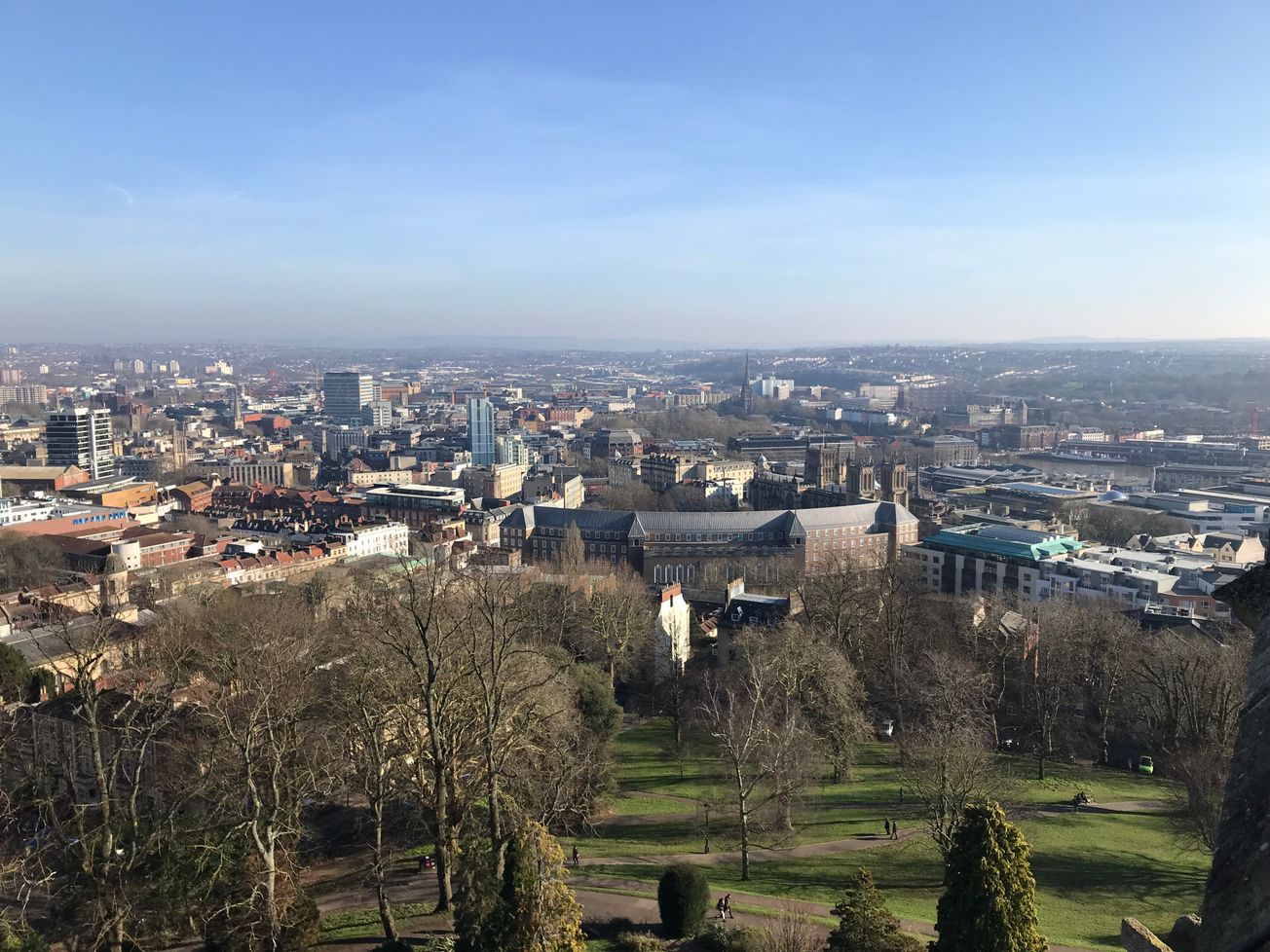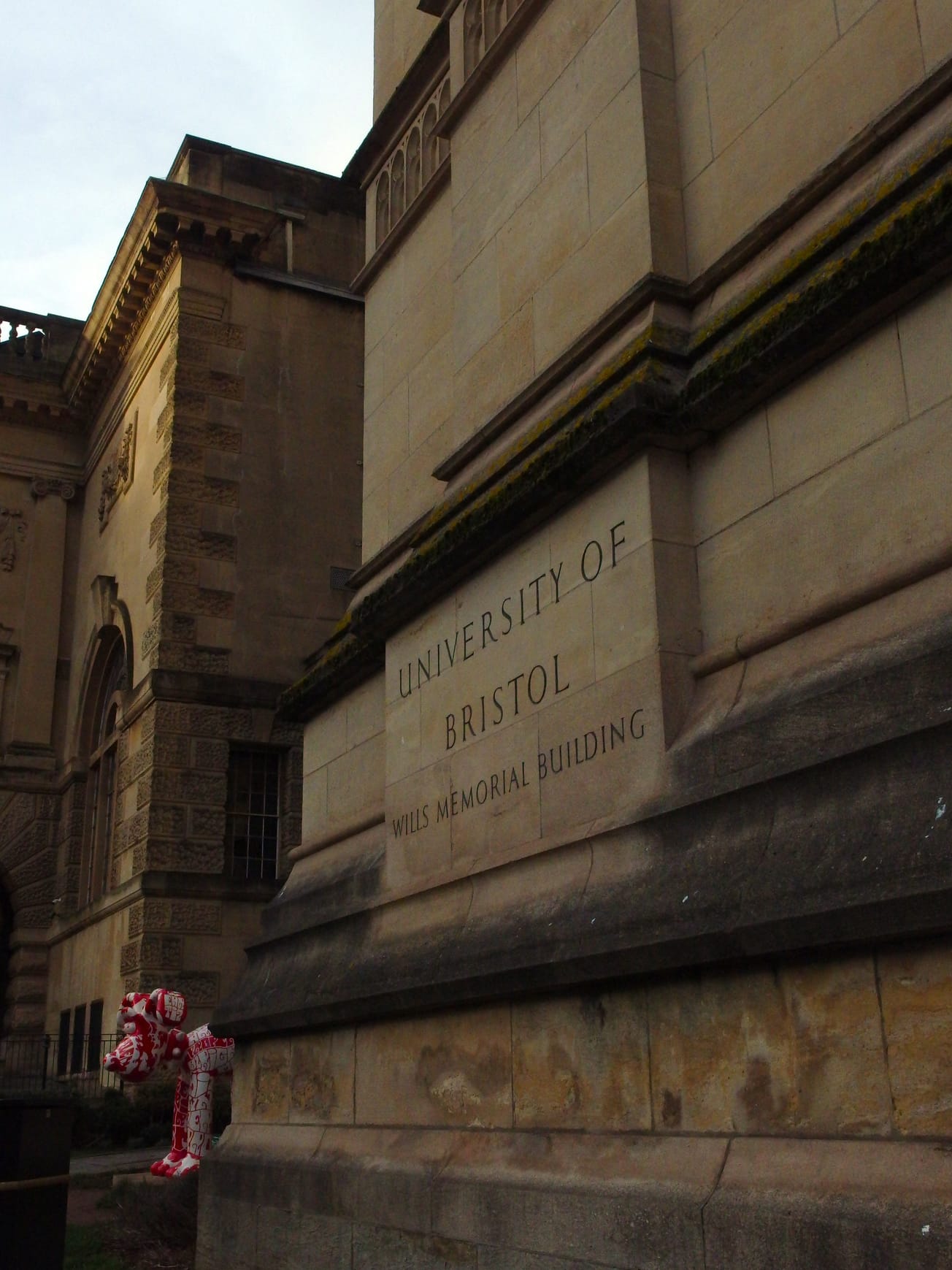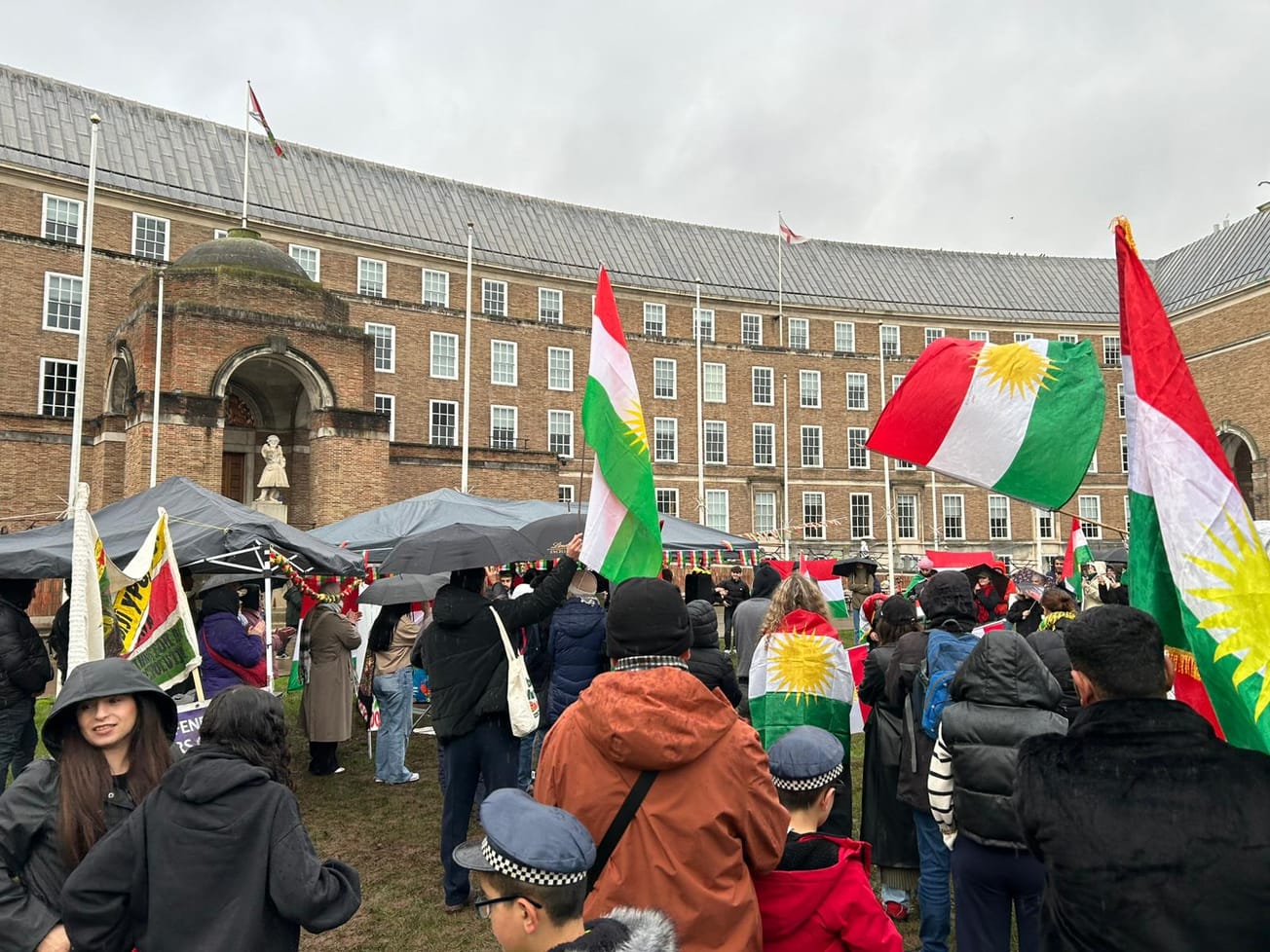By Teddy Coward, Investigations Editor
Bristol’s ‘mixed picture’ of results toward achieving the United Nations’ Sustainable Development Goals (SDGs) was presented in New York, on Thursday, 18 July.
Written and produced by the University of Bristol’s Cabot Institute, the report, or ‘Voluntary Local Review’, measures the city against 17 SDGs, which contain 169 targets the UN hopes to achieve globally by the year 2030 and was shown at the UN’s High-Level Political Forum.
The targets cover a range of issues including health, education, gender equality, biodiversity and climate change. Bristol is the first UK city to present its own response to these global targets, which are usually monitored on a national level.

The report itself, however, is a ‘mixed picture’, according to Dr. Sean Fox, its lead author, and Senior Lecturer in Global Development at the University of Bristol’s School of Geographical Sciences.
Despite making particular mention of Bristol City Council being the first in the UK to declare a climate emergency, followed shortly by the University of Bristol, the report warns that ‘while these trends and initiatives are positive, they are not justification for complacency. Bristol’s stated ambition to achieve carbon neutrality, in particular, will require sustained efforts.’
Not a single river was recorded as having a ‘good ecological status’ – a fact that has not changed since 2015.
In this week's Cabot Mail: Find out what we're telling the @UN about #Bristol and the #SDGs and read our latest report; @BristolUni has been awarded £100M to drive 'tech for better futures' research; & read Dr Colin Nolden's blog on decarbonising railways. https://t.co/C9mApNfxHW pic.twitter.com/uMnNxj72nG
— Cabot Institute🏳️🌈 (@cabotinstitute) July 16, 2019
Whilst the percentage of unemployed people roughly halved, and early education improved significantly, between 2010 and 2018, the percentage of children living in poverty increased - up, last year, by as much as 16.8% in some wards (before housing costs) from 2013. The rate of sexual offences has also surged since 2011.
Judith Cavanagh, Coordinator of the End Child Poverty campaign coalition, told Epigram: ‘It’s not right that so many children in our society are growing up trapped in poverty that is denying them a healthy, successful and happy future. But this is the reality for large numbers of children in Bristol as families have seen their income severely hit by cuts to benefits and higher housing costs.’
‘And despite the message from Government we know that work alone does not guarantee a way out of poverty as two thirds of children in poverty come from working families.
'This is why End Child Poverty is calling for all the Parties to set out ambitious strategies to end child poverty in the UK and for the Government to urgently set a course of action that will free our children from the grip of poverty.’

In its conclusion, the ‘Voluntary Local Review’ states it intention to ‘serve as a source of evidence for the national government and add momentum to national efforts to engage with the SDGs.’
Bristol Mayor, Marvin Rees, has commented that the report supports the case ‘for empowering local government to tackle the issues on the ground in our communities,’ arguing that ‘local leadership, with its immediate connection to the complexity of people’s lives, is well positioned to tackle the challenges we face.’
‘I’m incredibly grateful,’ he adds, ‘to the University of Bristol for their partnership in producing this Voluntary Local Review.’
In January this year, the Bristol One City Plan was launched, which incorporated the UN’s SDGs into its strategy and aims to make Bristol a ‘fair, healthy and sustainable city for all by 2050’.
Featured Image credit: Epigram / Imogen Horton
Who do you think about the report findings?








